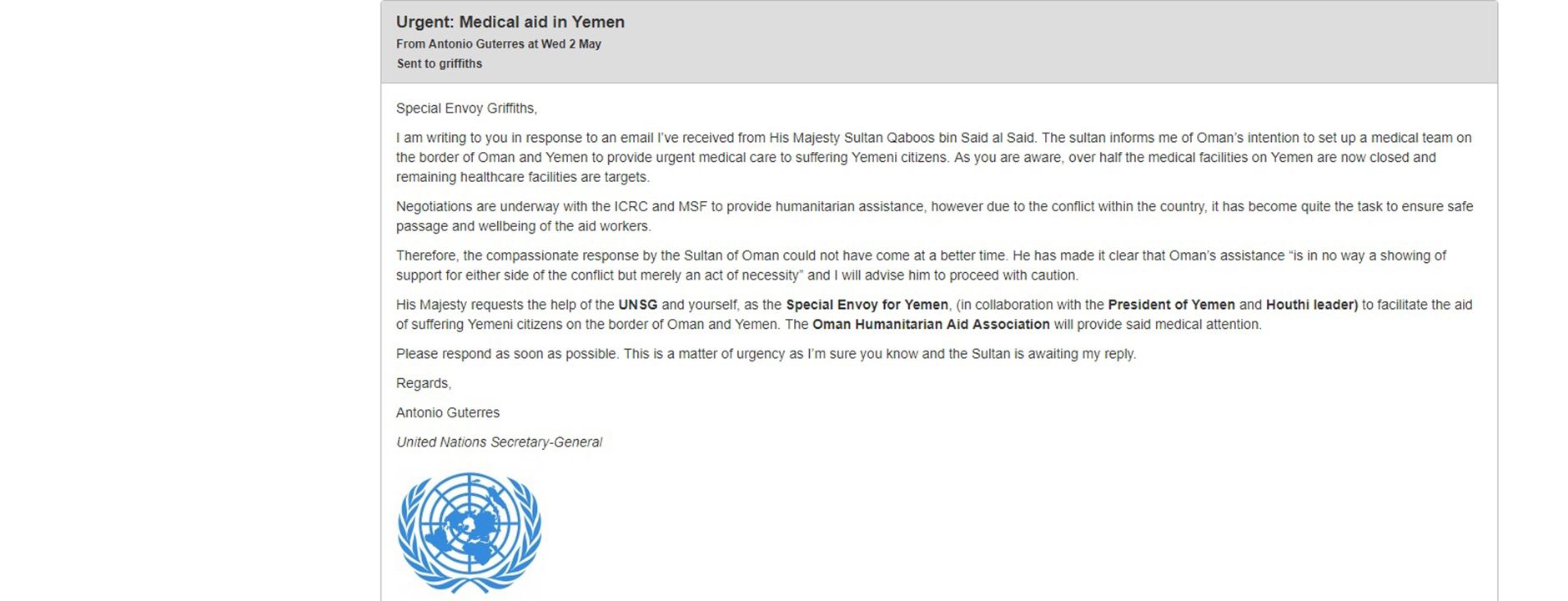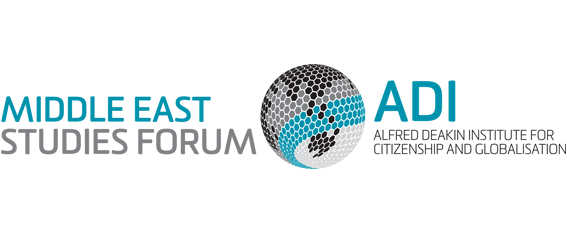
According to many students, The Middle East Politics Simulation (MEPS) is the best assignment they ever do at university. This immersive online role play exercise runs in three of the undergraduate Middle East Studies units at Deakin and helps participants understand the complexity of the region’s political system.
The basis of the exercise involves students using a custom-built online environment to play the roles of various stakeholders in the Middle East over a twelve-day period. They might be the leader of a country, a diplomat, an NGO, a UN representative or an opposition group. They could be playing someone from the Middle East or someone from outside with a vested interest. They may be a powerful figure or they may be representing the dispossessed.
Whatever their role, the students use the online interface to communicate in character via email, social media or chat. They need to further their own agendas, co-operate with allies or thwart the influence of those they oppose. They do this by planning their own actions or reacting to those of others. For 12 days in a row they live these new identities, with the final task requiring participation in a live conference. (Or contributing a position paper to this event in the case of Cloud students.)
There is no finite goal within the exercise such as winning territory or coming up with the wording of a treaty. Instead the emphasis is on gaining a deeper and broader understanding of the Middle East political environment across a range of issues. This includes a respect for the use, misuse and limitations of violence as a political tool and an appreciation of why some dilemmas are so intractable. The understanding that there is more to Middle Eastern politics than military action is paramount.
Most of all, the MEPS helps to reduce simplistic thinking about this complex region and broaden comprehension and empathy. Increased skills in professional communication, self-directed research, time management and team skills are also products of this process.
Students are lavish with their praise for the MEPS. Each time it runs their responses are surveyed at the completion of the exercise. Year after year, the participants report high levels of enjoyment, engagement and learning from the MEPS, with an average of 94% of respondents reporting that their learning outcomes are ‘Better’ or ‘Much better’ than they experiences with traditional assignments such as essays.
More importantly, over 80% of respondents indicate they would like to participate in another MEPS, even though they recognise that it is a more demanding task than standard assignments.
Having first run in the early 1990s, the MEPS is arguably the oldest continually running online political role play and certainly one of the largest (in player numbers) and most complex examples used in the political science discipline. Each instance of the MEPS has seen anywhere from 80-200 students take on 60-100 roles of various state and non-state actors concerned with the Middle East. Several thousands of students would have taken part in the MEPS over its lifetime.
For more information contact:
Dr Mat Hardy
A/Prof Sally Totman Marshall
Scholarship on the MEPS:
- Hardy M., & Totman, S. (2017), The Long Game: Five Years of Simulating The Middle East, Australasian Journal of Educational Technology, 33 (4).
- Hardy M., & Totman, S. (2016) Teaching an old game new tricks: long-term feedback on a re-designed online role play, British Journal of Educational Technology, 48 (6).
- Hardy, M. & Totman, S., (2012), From Dictatorship to Democracy : Simulating the Politics of the Middle East, in Nygaard C., Courtney N., Leigh E. (eds.) Simulation, Games and Role Play in University Education, Libri Publishing, Faringdon, England.
Student comments
“I really enjoyed how involved you get in the sim, you really begin to understand what is happening and think like your role would. It is enjoyable but also challenging. I feel like I learnt so much in a short period of time.”
“Though personally a substantially greater amount of time per day was spent on the sim than I would EVER spend on an essay, it was a lot more enjoyable and impressive to see how much I had learnt over the course of the 12 days, as opposed to an essay where I would never think of the information again after I was done with it.”
“I liked the fact that the sim forced me to see Middle East politics from an entirely different perspective. It really highlighted for me how complicated making any decision is when you have the reactions of an entire region to consider.”
“Though it was very challenging, it forced me to really do some research and understand why certain countries behave the way that they do.”
“By immersing myself into a character I have come away with knowledge I’ll have forever and enjoy telling other people about.”

